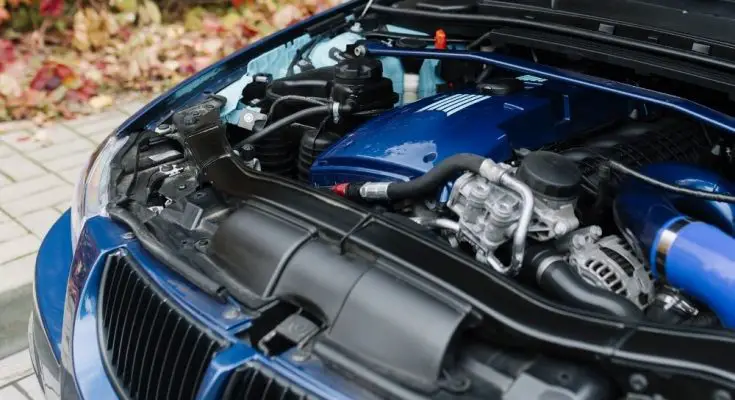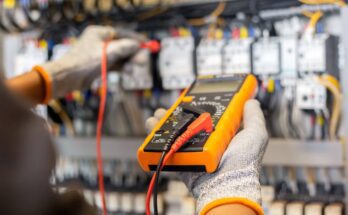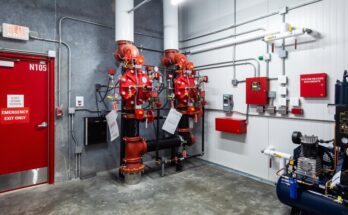Have you heard of the turbocharger before? These tiny devices can make car engines extremely powerful.
Turbochargers, colloquially known as turbos, are forced induction devices that use exhaust gas to spin a turbine that draws more air into the engine’s combustion chamber for use during the combustion process. This results in a more powerful combustion and a more powerful and fuel-efficient car.
Want to learn more? Here are six interesting things about turbos you never knew.
Gotta Go Fast
Turbos consist of a turbine side and a compressor side. A turbo’s turbine is impressively fast. It can spin at up to 200,000 revolutions per minute (rpm), which is about 30 times faster than the max rpm of most car engines!
Hot, Hot, Hot!
Turbos aren’t just fast. They’re also hot-blooded. In gas engines, turbos operate at around 2,000 degrees Fahrenheit. In diesel engines, they operate at a temperature that’s hotter than molten lava!
Hill Climber
Ever heard of hill climbs? A hill climb is a race where drivers compete to see who can complete an uphill course the fastest. Back when turbos were relatively new, avid hill climbers used them to compensate for power loss caused by the lack of air at high altitudes.
Recent Advancements
Interestingly enough, most of the “recent” advancements in turbo technology—variable geometry turbos, multistage turbos, and twin-scroll turbos—are over a century old.
The most recent turbo technology is the electric turbo, which is a turbo driven by an electric motor as opposed to exhaust gasses. Garret Motion’s electric turbos are heading into production this year.
Taking Over the World
Another interesting thing about turbos you never knew is that these tiny devices are taking over the world! Turbos used to be relatively rare, but they’ve soared in popularity in recent years. Today, over one-fourth of new cars and light-duty trucks come turbocharged.
Fuel Saver
Turbos can boost fuel economy by 40 percent in diesel engines and 20 percent in gas engines. If you want to spend less on gas and less time loitering at the gas station, consider turbocharging your naturally aspirated engine!



